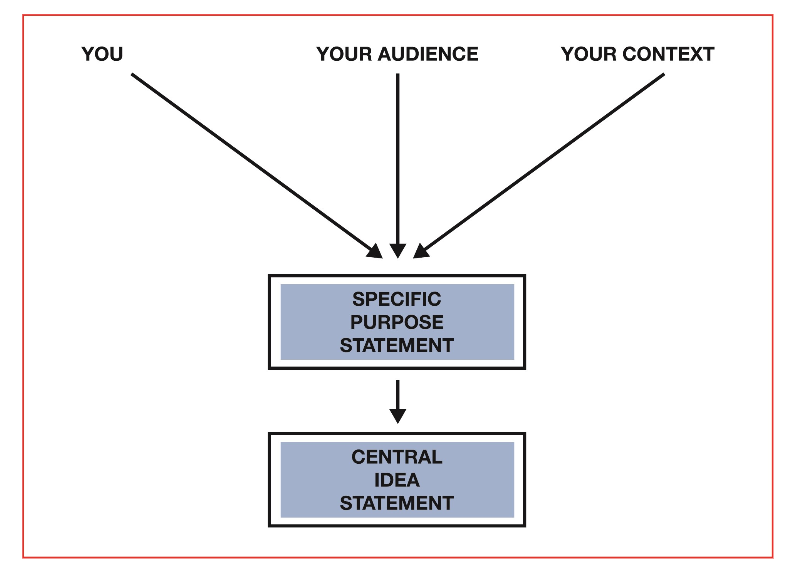Important Considerations When Identifying the Purpose of a Speech
Speeches are powerful tools for communication, enabling individuals to convey ideas, persuade audiences, and inspire change. However, before delivering a speech, it is crucial to identify its purpose. Understanding the purpose of a speech helps speakers tailor their message, structure their content effectively, and connect with their audience. This article explores four essential considerations to keep in mind when identifying the purpose of a speech.
1. Audience Analysis:
One of the key factors in determining the purpose of a speech is understanding the audience.
Every speech is delivered to a specific group of people, and their characteristics and expectations play a vital role in shaping the purpose.
Analyzing the audience involves considering factors such as age, gender, educational background, cultural diversity, and their prior knowledge on the topic.
By understanding the audience, speakers can craft a purpose that resonates with their listeners and meets their needs.

Audience Analysis
2. Desired Outcome:
Identifying the desired outcome is another critical aspect of determining the purpose of a speech.
Speakers must ask themselves, "What do I want my audience to take away from my speech?" The purpose could be to inform, persuade, entertain, motivate, or inspire action.
Defining the desired outcome helps speakers focus their content and select appropriate supporting arguments or evidence to achieve their goals.
For instance, if the purpose is to persuade, the speaker may need to present strong arguments and provide compelling evidence to convince the audience.

3. Topic Selection:
The topic of a speech plays a significant role in shaping its purpose.
When choosing a topic, speakers should consider their own expertise, interests, and the relevance of the subject to the audience.
Additionally, they need to ensure that the topic is specific enough to be manageable within the given time frame.
A well-selected topic not only helps speakers deliver a purposeful speech but also engages the audience and maintains their interest throughout the presentation.

Topic Selection
4. Context and Occasion:
The context and occasion in which a speech is delivered influence its purpose.
Speeches can be given in various settings, such as academic conferences, business meetings, political rallies, or social events.
The purpose of a speech delivered at a wedding reception would differ from that of a keynote address at a professional conference.
Speakers need to consider the expectations, norms, and objectives associated with the specific context and occasion.
Adapting the purpose to the context ensures that the speech aligns with the overall objectives and resonates with the audience.
Identifying the purpose of a speech is a crucial step in effective communication. By considering the audience, desired outcome, topic selection, and context and occasion, speakers can create purposeful speeches that engage and resonate with their listeners.
Understanding these important considerations helps speakers tailor their message, structure their content effectively, and ultimately achieve their goals. So, the next time you prepare a speech, take the time to identify its purpose and watch as your words have a more significant impact.